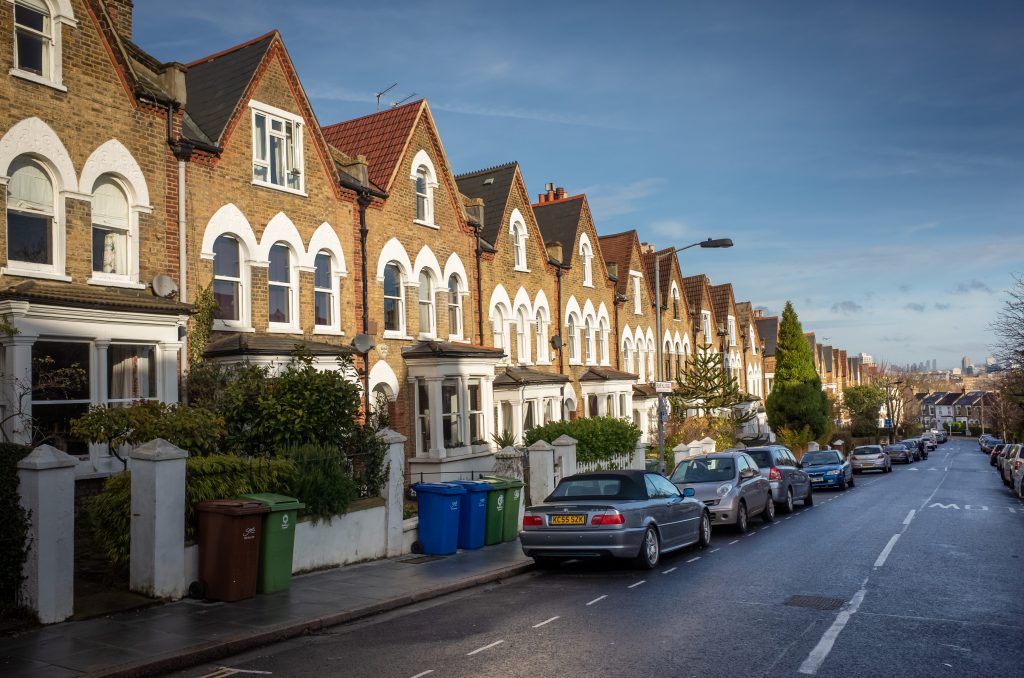So how does the tax work and what do the changes really mean? Stamp duty is a progressive tax, ie you pay nothing for the first £125,000 (£300,000 for first time buyers) and then 2% for the next £125,000, 5% for the next tranche and so on.
Standard bands (pre-holiday levels)
| Bracket | Primary home | buy-to-let/2nd home |
| Up to £125,000 | 0% | 3% |
| £125,001-£250,000 | 2% | 5% |
| £250,001-£925,000 | 5% | 8% |
| £925,001-£1.5m | 10% | 13% |
| Over £1.5 | 12% | 15% |
According to Rishi Sunak, the changes mean 9 out of 10 primary home buyers will, during the holiday period, not have to pay any stamp duty at all. However, it’s the more expensive purchases that will accrue the biggest savings. First time buyers are unlikely to see much benefit as, on average, they spend just £212,528, which is already below the tax threshold. As you can see from the table below, savings top out for houses costing £500,000, whose buyers will see their purchase costs come down by £15,000. The average UK buyer spends £337,884 and will save £6,894.20. The table below gives you a rough guide to savings at different price levels.
| Property value |
Standard Stamp Duty | SD holiday rate | Saving |
| £100,000 | £0 | £0 | £0 |
| £200,000 | £1,500 | £0 | £1,500 |
| £300,000 | £5,000 | £0 | £5,000 |
| £400,000 | £10,000 | £0 | £10,000 |
| £500,000 | £15,000 | £0 | £15,000 |
| £600,000 | £20,000 | £5,000 | £15,000 |
| £700,000 | £25,000 | £10,000 | £15,000 |
| £800,000 | £30,000 | £15,000 | £15,000 |
| £900,000 | £35,000 | £20,000 | £15,000 |
| £1,000,000 | £43,750 | £28,750 | £15,000 |
| £1,100,000 | £53,750 | £38,750 | £15,000 |
| £1,200,000 | £63,750 | £48,750 | £15,000 |
| £1,300,000 | £73,750 | £58,750 | £15,000 |
| £1,400,000 | £83,750 | £68,750 | £15,000 |
London’s more expensive homes mean those living in the capital will be the main beneficiaries of the SD holiday, where the average house price is £628,284 with SD savings of £15,000. Both our offices, where we operate, the savings are substantial for almost all types of property, including for first time buyers:
| East London | Before Stamp Duty Cost | Now | Saving On Stamp |
| Average home: £481,854 | £14,092.70 | £0 | £14,092.70 |
| Average flat: £454,766 | £12,738.30 | £0 | £12,738.30 |
| Average terrace: £500,998 | £15,049.50 | £49.50 | £15,000 |
| Average semi: £528,341 | £16,417.05 | £1,417.05 | £15,000 |
The temporary reduction in SD is likely to substantially boost demand, especially in London, and is also likely to stimulate activity from both investors and second home buyers who’ve been previously put off by the high levels of tax. It may also push up prices, but only slightly. The main criticism is that it does not benefit the majority of first time buyers and could lead to a depressed spring market, when the holiday period ends, as many will bring their purchase plans forward.
However, if you look back to 2016, when the then Chancellor, George Osborne, announced a 3% SD surcharge on BTL and second home purchases, it resulted in a huge spike in demand before the tax kicked in, with almost double the normal number of sales in the month beforehand. And yes, activity was down the month after, by around 20%, but quickly recovered and, although prices rose, it was by considerably less than the savings achieved.
So, with those figures in mind, it seems the SD holiday represents an excellent opportunity for both buyers and sellers alike.
For more information on Stamp duty savings please do get in contact
Docklands office 020 7005 6080
Limehouse office 020 7791 1777
*Figures Rightmove
*Changes do not apply to Scotland and Wales, which have their own property taxes.









